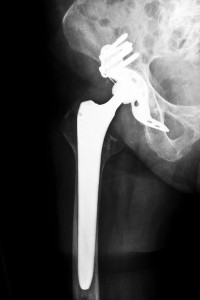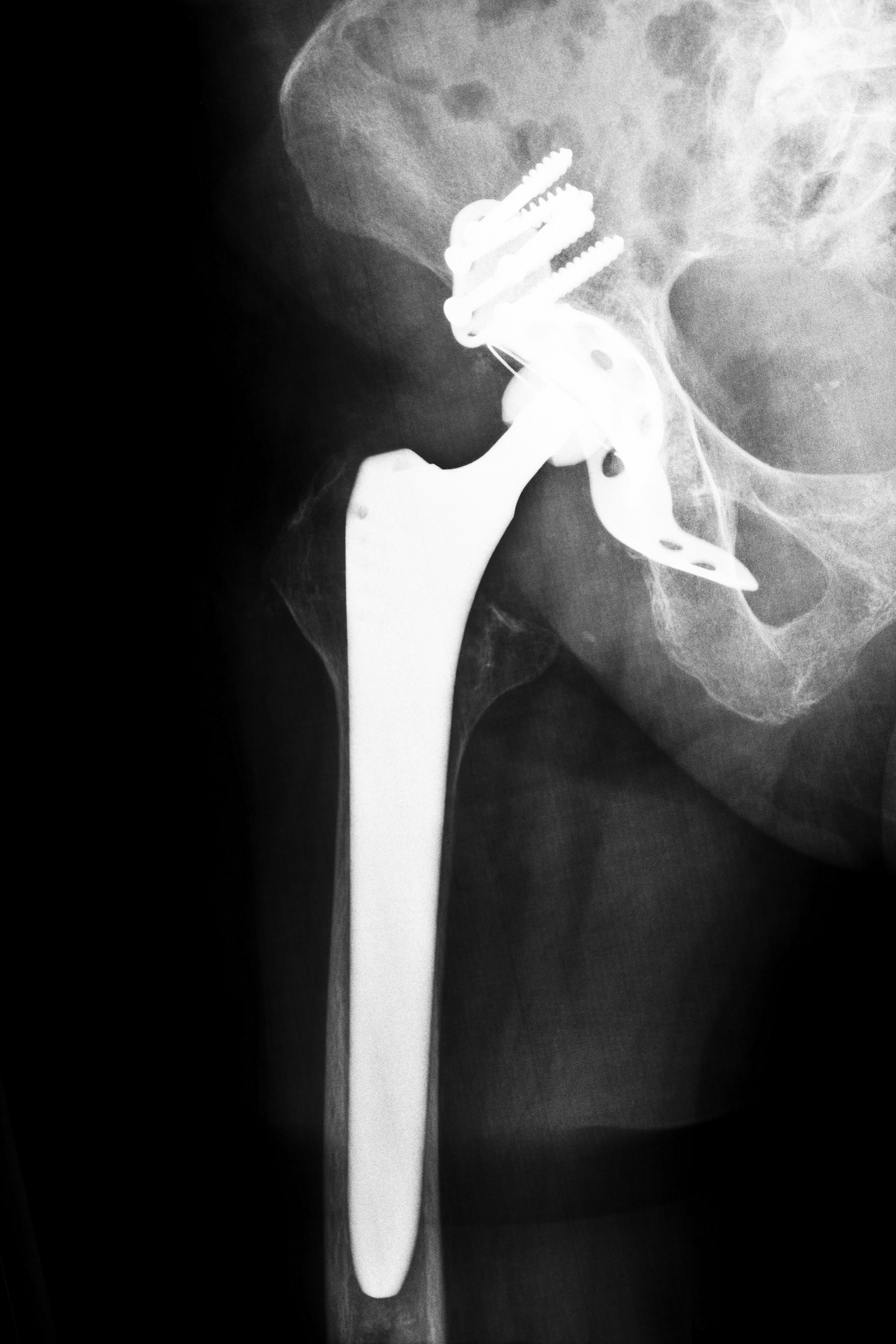 Hip Implant Lawyer Notes: Zimmer Buys Biomet
Hip Implant Lawyer Notes: Zimmer Buys Biomet
On April 24, 2014, Zimmer Holdings, Inc. announced that it will be purchasing Biomet, Inc. for more than $13 billion. Investors anticipate that this will be a beneficial move for Zimmer, and shares of the company increased more than 18 percent based on expectations that the acquisition will help the manufacturer to navigate pressure from insurers and hospitals surrounding the pricing on the device maker’s products.
The deal is expected to close in the first quarter of 2015, and Zimmer stated that the combination would double the size of its dental and spine businesses, allow the company entry into the smaller but growing field of sports medicine and broaden its portfolio of products to treat hips, knees and bones.
The deal will also add to Zimmer’s earnings in the first year and result in $270 million in net annual cost savings by the third year following the closing date, according to the company. Several analysts maintain that large manufacturers who have a broader product offering are more likely to succeed in the healthcare industry. Rather than selling products to individual surgeons, they are able to focus more on hospitals and larger healthcare facilities.
However, although news of the acquisition has many anticipating what is to come, both Zimmer and Biomet have been named as defendants in lawsuits throughout the U.S. as a result of their allegedly defective hip replacement devices. Zimmer suspended sales of its Durom Cup in 2008 while Biomet has been under scrutiny for its M2a Magnum metal-on-metal hip implant device.
According to plaintiffs working with a hip implant lawyer, both products can result in serious and life-threatening complications including unexplained hip pain, premature device failure, soft tissue damage, swelling, loosening of the implant, difficulty walking or standing and metallosis, or metal toxicity. Patients are allegedly more like to suffer from metal toxicity from metal-on-metal hip implants as the parts of the device have the potential to rub against one another, resulting in the release of metal shards into the patient’s bloodstream and nearby tissues.
The U.S. Food and Drug Administration is in the process of proposing new rules for all-metal hip replacement devices. In the past, many of these products were approved by the company’s 510(k) process, which allowed devices to be placed on the market if they were inherently similar in design and function to implants already in circulation. Now, the FDA is considering making metal-on-metal hip implants ineligible for approval through the 510(k) process.
Do You Need a Hip Implant Lawyer? Contact Us Today
If you or a loved one have been injured due to an allegedly defective hip replacement device, consider seeking legal counsel from a hip implant lawyer. Attorney Group can provide you with a free case evaluation and connect you with an affiliated hip implant lawyer who can help you seek the compensation to which you may be entitled.






